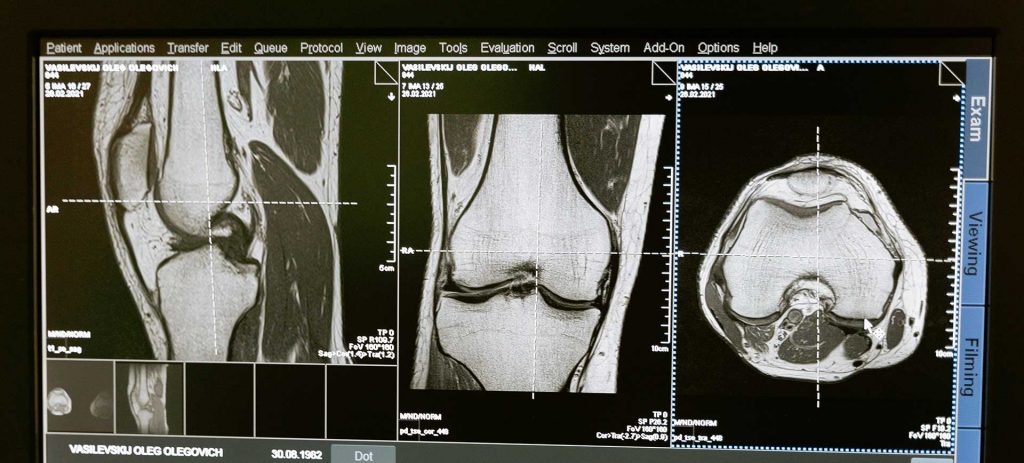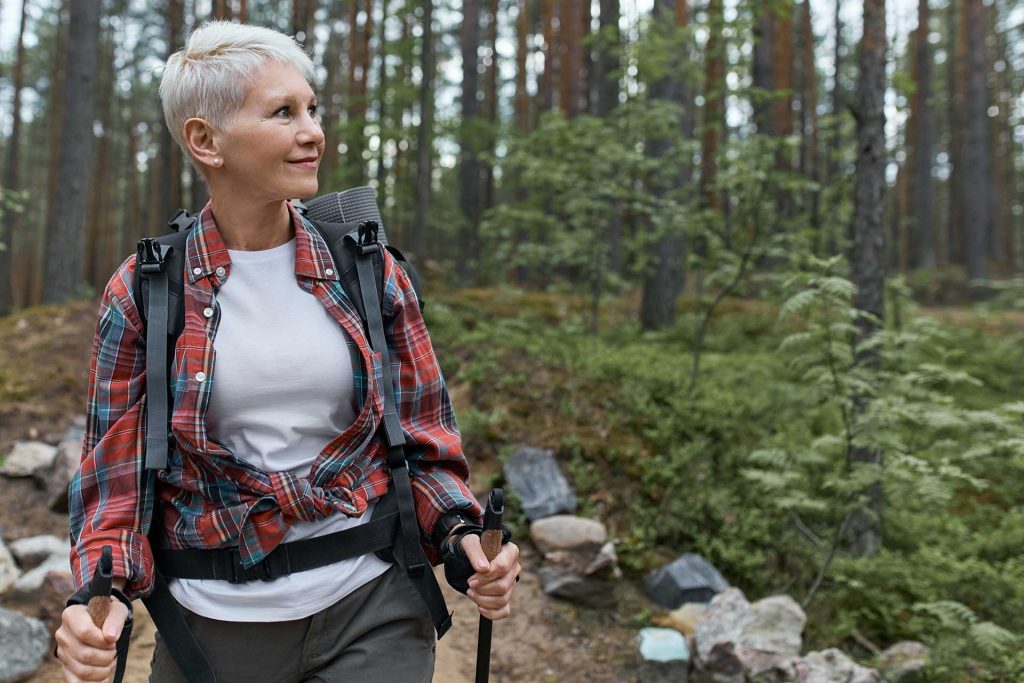Take care of your bones: your future self will thank you
Most people don’t give their bones a second thought.
Until you reach a certain age and…. there’s a problem.
The good news is — the changes you make today can help prevent future problems.

The main medical problems with bones
Your bones are a living tissue. They turnover (break down and rebuild) constantly during your life. The stronger you make your bones when you are younger, the stronger they’ll be in the future.
Some of the medical issues that can happen with bone include:
- fractures
- stress fractures
- scoliosis — abnormal, side-to-side curvature of the spine
- osteomalacia — a softening of the bones
- hyperparathyroidism — overactive gland leading to bone calcium loss
- Paget disease of bone — abnormally large, weakened bones
- bone cancers
- osteoporosis— bones lose calcium and other minerals, making them fragile and more likely to fracture
Osteoporosis
As we age, bones become less dense. And lower density bones are more likely to break.
In Australia, osteoporosis affects 1.2 million people. Women are more likely to get osteoporosis than men.
- More than 1 in 5 women over the age of 65 years will have osteoporosis
- Around 1 in 20 men over the age of 65 years will have osteoporosis
A rapid drop in the hormone oestrogen during menopause is the main culprit behind bone loss in women between the ages 45-60.
How to improve bone health?
Add calcium to your diet
Calcium is the building block of bone. You can meet your daily calcium intake needs by having:
- two serves of dairy (milk, yoghurt, cheese)
- a serve of calcium-rich foods such as broccoli, beans, almonds, tinned salmon or sardines
Get vitamin D
Your body needs vitamin D to absorb and use calcium. Caltrate Bone Health is a popular supplement for those wanting to up their vitamin D dose. But you can’t get vitamin D from your diet alone. Only 5 to 10 percent of vitamin D comes from your dietary intake.
Most of your vitamin D is made by your skin when it’s exposed to sunlight. In Australia, however, you need to be sun-safe as you seek your daily intake of vitamin D.
For moderately fair-skinned people try getting:
- 6-7 minutes with arms uncovered at mid-morning or mid-afternoon in summer
- 7 minutes at noon in the northern states of Australia in winter (up to 30 minutes in the southern states)
Your level of vitamin D could be too low if you:
- spend most of your time indoors
- have darker skin
- wear concealing clothing
You can ask an InstantScripts GP for a blood test to check your vitamin D or calcium levels.

Do some weight-bearing exercise
Weight-bearing exercise is the kind of exercise where your bones and muscles work against gravity.
When you apply stress to a bone, as you do during weight-bearing exercise, it helps your body to build that bone and maintain bone density.
Women, in particular, need to do weight-bearing exercise.
Talk to a GP about the best and safest way to begin exercising.
Other tips for maintaining bone health
- Avoid smoking and drinking too much alcohol
- Tell your doctor if a family member has osteoporosis and get a bone health check up
© InstantScripts
Level 8 / 637 Flinders St.,
Docklands VIC 3008

